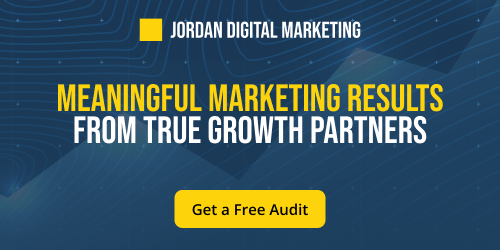Google is stepping up its game with new updates to Performance Max (PMax) campaigns, offering advertisers enhanced reporting capabilities and cutting-edge AI tools to sharpen their strategies. These updates are designed to provide deeper insights, streamline creative processes, and ultimately drive better results across Google’s expansive ad ecosystem.
New Reporting Features: Granular Insights for Better Decisions
One of the most exciting additions is the ability to view conversion metrics at the asset level. For our team, conversions are usually the key benchmark, and now you can drill down into the specifics of how each asset contributes to your goals. This granular insight is a game-changer for optimizing your campaigns, allowing you to quickly identify and enhance the elements that drive the most value.
Another key feature is YouTube video placement reporting. This new tool offers visibility into where your ads are appearing on YouTube, which is crucial for making informed bid adjustments and refining your targeting strategies. Understanding your ad placements can significantly impact the effectiveness of your video campaigns, and this level of transparency is a welcome addition.
Additionally, Google has introduced third-party verification for brand suitability on YouTube and Display networks. This feature adds an extra layer of security, ensuring your ads are shown in environments that align with your brand’s values and safety standards. For brands concerned about maintaining their reputation, this update provides peace of mind and greater control over ad placements.

Enhanced AI Tools: Creative Power at Your Fingertips
Google’s enhancements to its AI tools are equally impressive, particularly for those looking to streamline their creative processes. The expanded image editing capabilities now include options for object removal and addition, making it easier to customize visuals without needing advanced design skills. This flexibility allows you to adapt your creatives on the fly, ensuring they’re perfectly tailored to your campaign’s needs.
Moreover, the improved asset generation across multiple campaign types means you can create high-quality ads for Search, Display, and YouTube with minimal effort. These AI-driven tools are integrated directly into the “Create” menu within Google Ads, making it easier than ever to experiment with different creative approaches and quickly implement changes based on performance data.
Best Practices for Using AI Tools
While these new tools are powerful, it’s essential to approach them with a strategy. Here are a few best practices to get the most out of Google’s AI:
- Be Specific: When using AI tools, the more detailed your prompts, the better the output. Include as much information as possible to avoid errors and streamline the process.
- Follow Platform Guidelines: Always incorporate ad platform guidelines into your AI prompts. For instance, when generating headlines, specify character limits to ensure compliance.
- Keep It Conversational: Engage with AI tools in a conversational manner. Short, clear prompts and follow-up questions can make the process more efficient and yield better results.
What’s Still Missing?
While these updates are a significant leap forward, there’s still one feature on many advertisers’ wish lists: audience and targeting insights. Having detailed insights into who’s seeing your ads and how they’re interacting with them would provide an even more robust foundation for optimizing campaigns. We’re hopeful that Google will address this in future updates.
The Bottom Line
Google’s latest updates to Performance Max bring much-needed enhancements that will help advertisers refine their strategies and improve campaign outcomes. With more granular reporting and advanced AI tools, marketers have greater control and more creative power at their fingertips. As these features roll out, staying ahead of the curve and leveraging these tools effectively will be key to driving success in an increasingly competitive digital landscape.
